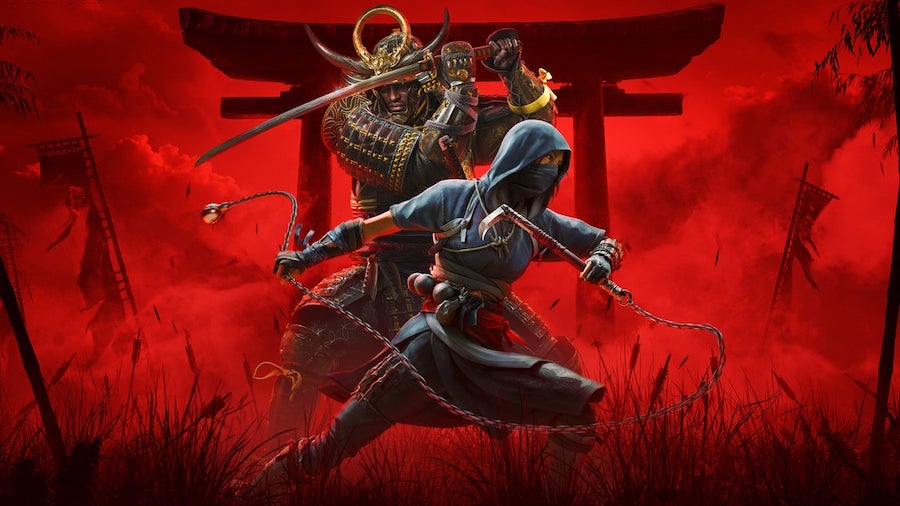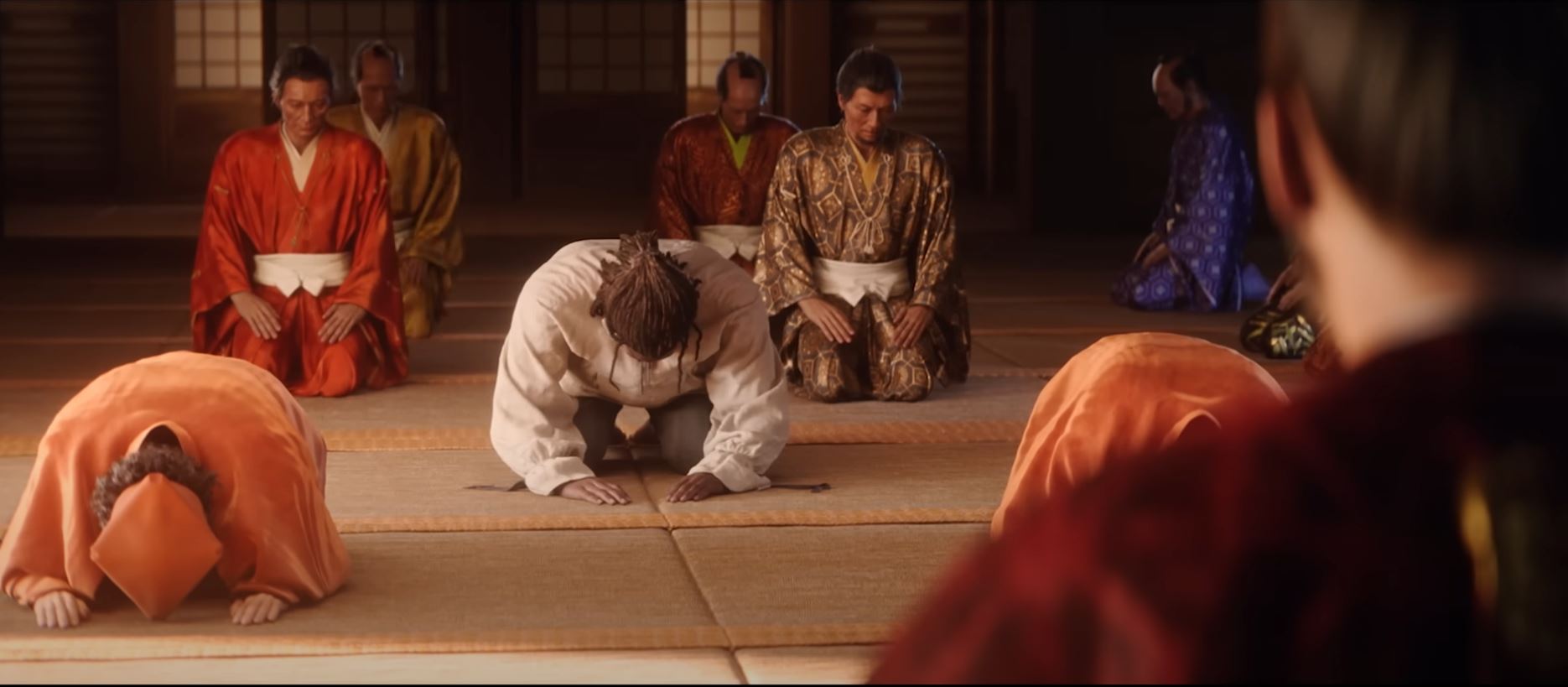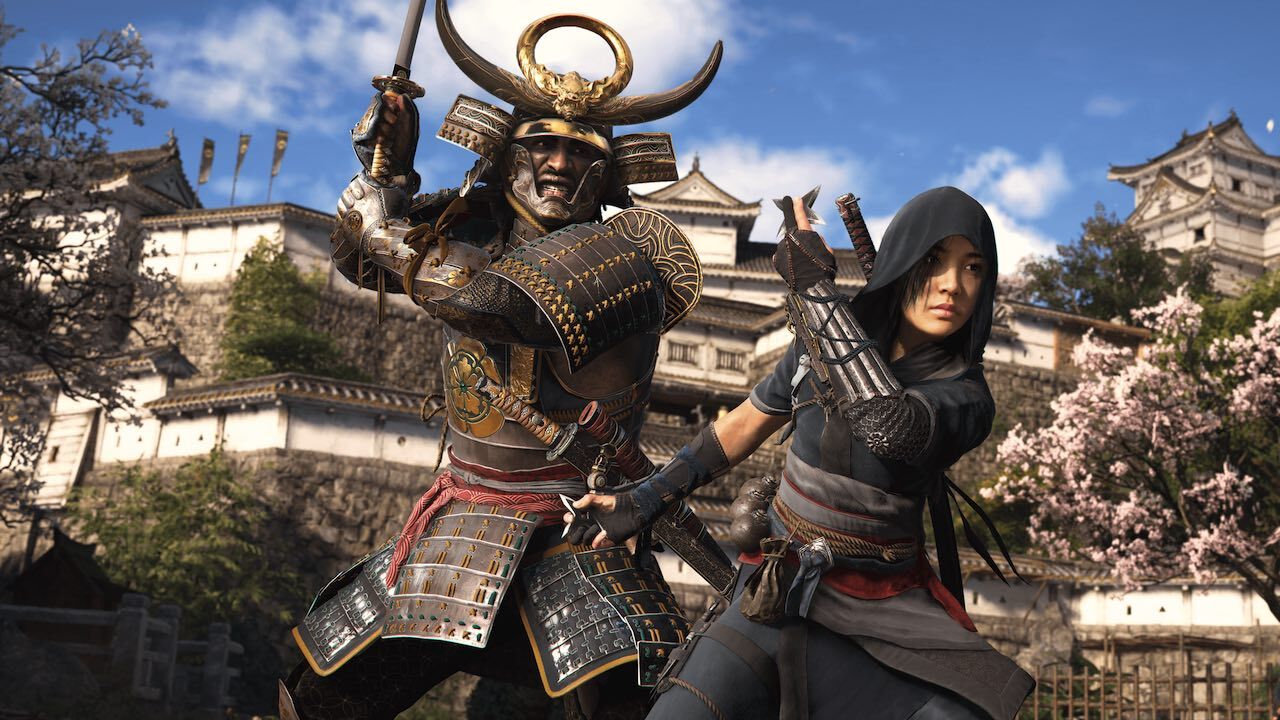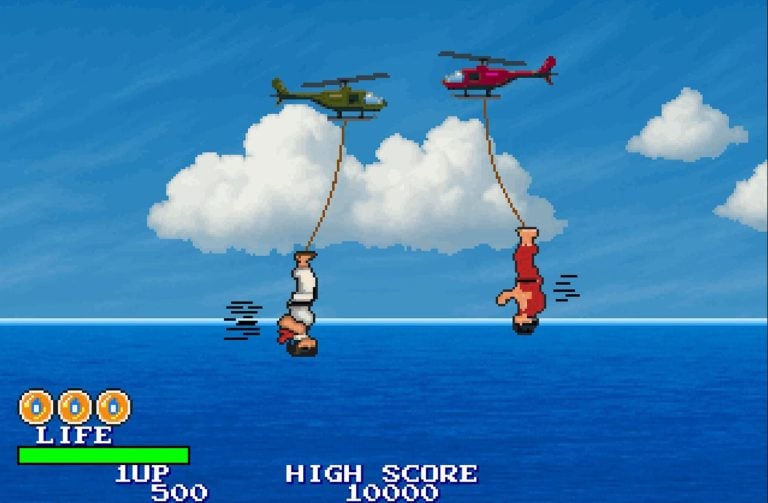Amid the controversy surrounding Ubisoft’s upcoming Assassin’s Creed Shadows, the familiar in-game content disclaimer of the Assassin’s Creed series has come under scrutiny, drawing comparisons to other titles with similar historical concepts.
Since its beginnings in 2007, the Assassin’s Creed series has been treading sensitive historical and religious waters, with the very first title revolving around the controversial Third Crusade. As a precaution, early titles displayed the following message at launch:
Inspired by historical events and characters. This work of fiction was designed, developed and produced by a multicultural team of various religious faiths and beliefs.
This in-game content disclaimer was updated (with no significant changes to the overall message) in 2015 with the release of Assassin’s Creed Syndicate, and has remained the same ever since:
Inspired by historical events and characters, this work of fiction was designed, developed and produced by a multicultural team of various beliefs, sexual orientations and gender identities.
However, with the series moving to historical Japan for the first time with AC Shadows, Ubisoft has been criticized for taking certain liberties in interpreting local historical events and personalities (and making some lazy mistakes) that call for a more loud-and-clear guarantee of “this is fiction made in good faith” to players. Such was recently suggested by Japanese users on social media.
While Assassin’s Creed’s disclaimer does call the game’s story fictional, the message’s focus is on the development team’s diversity, and its Japanese-language version reads more ambiguously than the typical “This is a work of fiction” disclaimer (as confirmed by our native Japanese staff).

In the X post linked above, a user offers the example of Rise of the Ronin’s content disclaimer. Set in Japan’s Bakumatsu period, Koei Tecmo’s Rise of the Ronin is a game that aimed for a high level of historical accuracy, with even its asynchronous-looking glider being based on a documented Edo period inventor’s blueprint (source: PlayStation Blog).
However, Rise of the Ronin’s in-game content disclaimer is explicit about the title being fictional as well as depictions of historical events and personalities not being influenced by the development team’s values (please note that the English language version of the disclaimer has a slightly different nuance).
That said, the subtle differences in how content disclaimers are worded are probably not the real issue at hand. With Assassin’s Creed Shadows, Ubisoft has sent its audience mixed messages on several occasions, which has naturally resulted in a mixed response, especially in Japan. While the game is supposed to be historical fiction, as the Assassin’s Creed series has always been, its developers’ have said that they want people to “learn about” Japan’s Sengoku period through AC Shadows (source: Xbox Wire).

However, the majority of the series’ target audience is undeniably non-Japanese, with only basic knowledge of Japan’s history and culture. This absence of preexisting context creates potential for fallacies and historical misinterpretations to unwittingly become “common knowledge.” This kind of misrepresentation of Japan to the rest of the world is what’s likely causing some Japanese users’ apprehension towards Assassin’s Creed Shadows. The scrutinization of the game’s content disclaimer is a symptom of bigger issues that have been taken with the game.





